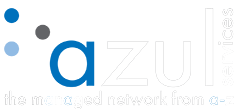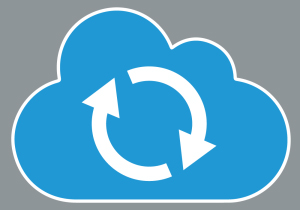According to a 2014 SMB Rogue Access study, 68% of ex-employees stored work files in personal cloud storage and 89% of ex-employees retain access to their corporate apps! That’s probably because services like Dropbox and Google Docs are so easy to use and so many users provision apps without IT’s knowledge.
What’s the solution?
1.
To prevent Rogue Access, you need cloud storage that’s just as simple to use—but built to give IT business-grade control over access and permissions. We recommend ShareSync, an integrated file sync and share service that offers simplicity and mobility without risking control or protection. Watch the short demos below to see how ShareSync works and how it can help prevent against Rogue Access.
ShareSync Syncing Features
ShareSync Folder Collaboration
ShareSync File Sharing
ShareSync Outlook and Office Integration
ShareSync Security and Control Features
2.
A single sign-on (SSO) portal helps solve the problem. SSO lets users save all their apps into a single launchpad. This makes the cloud simpler and more secure for users. More importantly, it gives IT visibility into all the apps that employees use. This makes it easy to spot unknown services and flag them for deprovisioning. We recommend ConnectID, a Single Sign-On portal that provides users with a single point of access to ALL their web apps with just one click and just one password. Watch the short demos below to see how ConnectID works and how it can help prevent against Rogue Access.
ConnectID Overview
ConnectID Managing SSO (Single Sign-On) for Applications and Users
ConnectID Installing and Getting SSO (Single Sign-On) Started for Users
ConnectID Adding Custom Applications for SSO (Single Sign-On)


